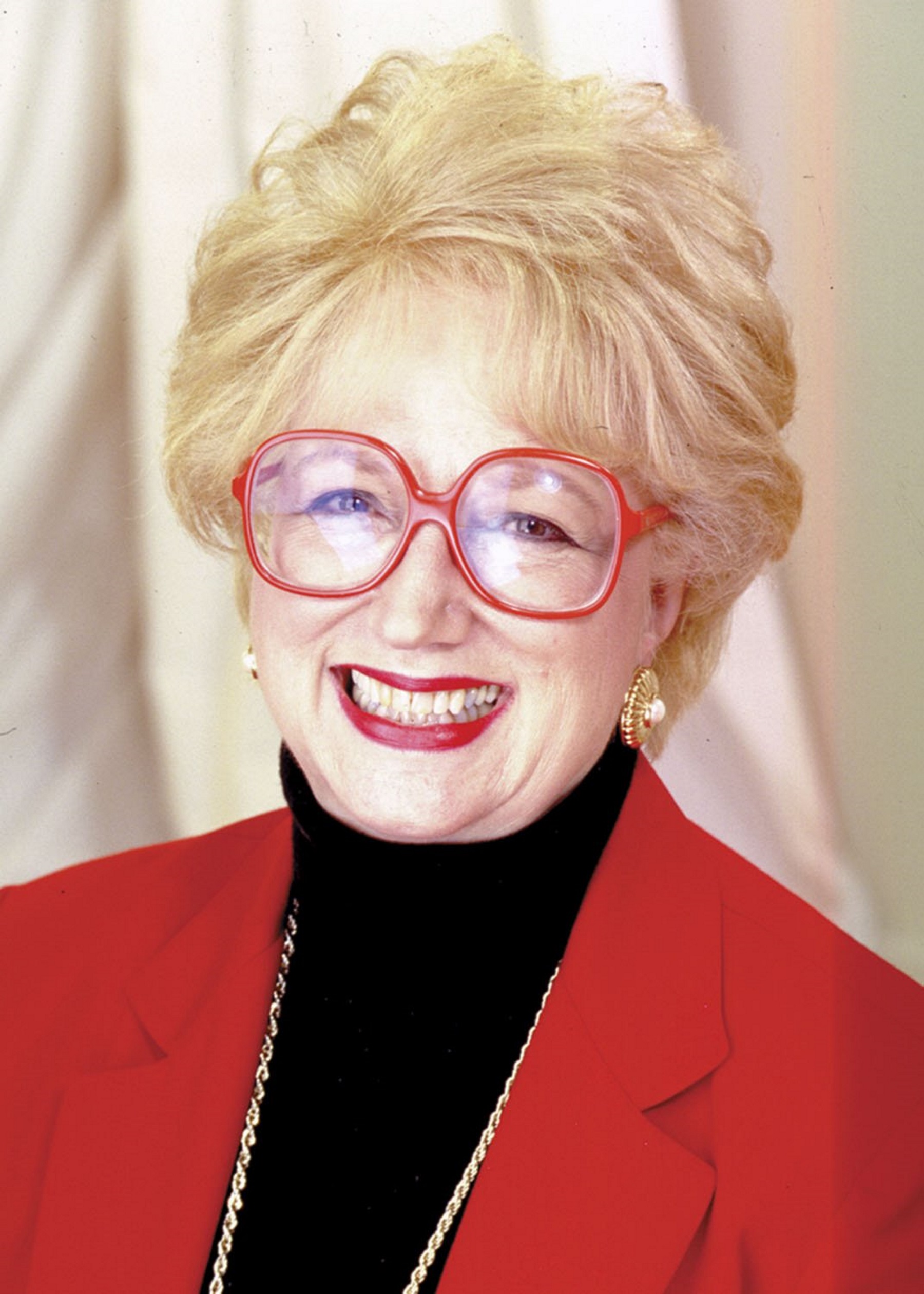Although they are rarely illuminated by her signature red-rimmed glasses anymore, Dr. Betty Siegel’s bright eyes are still the windows to her soul.
But with each passing day, the sparkle in those eyes becomes dimmer.
Like us on Facebook
Dementia sees age but it does not see race, wealth status or intelligence.
So when a mind like Betty’s is marred by the disease — a mind that has spent a lifetime learning and teaching and reading and recognizing — it exposes the vulnerability everyone faces in developing the disease.
Likewise, every loved one has the potential to one day become that ill person’s caregiver.
A Leader, Lifelong Learner
Betty’s accolades are so copious, they could easily fill the enormous living room shelves where her beloved books rest, if she weren’t so humble.
From 1981 until her retirement in 2006, after years of teaching and serving in leadership roles at other universities, she served as the president of Kennesaw State University. She was the first woman to lead an institution in the University System of Georgia and still holds the record for the longest-serving female president of a public university in the entire nation.
But beyond her prestige and accolades, she is perhaps best known for her passion for lifelong learning, her hearty and boisterous laugh, her voracious love of life and her never-ending smile.
She is still inside of that smile at times, but at other times, another person seems to be residing. Sometimes, she doesn’t remember being at an event that took place just five minutes earlier, or she can’t tell a story because she forgets where she is in telling the tale, or she introduces herself to someone she has met dozens of times before but clearly doesn’t remember meeting.
A New Caregiver Role
One constant, however, is her husband of 52 years, Dr. Joel Siegel, whose marital duties have shifted to caretaking duties.
“The wonderful persistence of character from the old days of now have remained,” Joel said. “We do not pass someone on the street or on the highway that needs help that Betty doesn’t say, ‘Stop. Someone needs help; we have to provide it.’ There’s always been that in her nature. That’s still there. And she still loves a good laugh. Those things persist. But remembering some of the ordinary things to execute in life and how to go about them has become more difficult.”
Dr. Callie Dunn, a clinical neuropsychologist with WellStar Psychological Services, said dementia can develop in some people as early as 40 years old. Different medical conditions can cause dementia and there are various forms of dementia, but Dunn said the science behind the disease is essentially that neurons in the brain begin to die and proteins build. Those parts of the brain begin to stop working well with other parts of the brain, or even altogether.
Joel said he began to notice Betty’s growing forgetfulness around the time of her retirement. Betty, who will be 87 in January, always had a very good memory, he said. So when her dementia and forgetfulness became an overwhelming presence in their home around eight months ago, he sought serious medical help for her.
“She is mostly not aware of her dementia, but, on occasions, she is. She will ask me, ‘Why can’t I remember this? Why can’t I remember when that happened?’ And there’s a tinge of sadness to it when that happens,” Joel said.
Reaching Out
Joel also sought help from the Marietta-based nonprofit Aloha to Aging, which provides support, resources and respite for caregivers, as well as a caring environment for those battling dementia and other diseases predominantly affecting the elderly.
“Aloha to Aging manifested from the Heavens or came over hills like the 7th Calvary Regiment to the rescue,” Joel said, with a hearty laugh. “But it really has been extraordinary and such a blessing. I call it her social club. She doesn’t always remember it and will ask, ‘Where are we going, now?’ But when she gets there, sometimes her eyes will light up and sometimes she will remember it. It’s just talking to people and having activities to keep her mind going and just having companionship. She’s very much in the moment and goes with things. She just thinks she’s enjoying people.”
Aloha to Aging President and Founder Dawn Reed said Betty is the life of the party when she comes to the center.
“Any research will show you that the decline is quicker when people with dementia stay at home, isolated,” Reed said. “So socialization helps, plus music and seated exercises — balls, bands, weights. We’re constantly engaging with her and sharing laughter with her, just the constant emotional component of her being happy and enjoying life is critical to her continuing her journey in a positive way.”
A different but important aspect of the “social club” is giving the caregivers time to focus on themselves. Reed said some caregivers will use the few hours of free time to shop, visit friends or even simply go home and take a nap.
“One thing that caregivers really seem to struggle with sometimes is taking time for themselves. They take on so much that they forget that their health is vital to taking care of the other person’s health,” Reed said.
“The most important thing for caregivers to remember is to take care of themselves first,” Dunn added. “A lot of times, they put themselves last and their issues take a back-burner. It’s a marathon, not a sprint, and the best thing you can do for your loved one is to stay mentally and physically healthy.”
The concept of putting himself first is a hard one for Joel to grasp, however.
“I think at times I’m coping better than I actually am,” he said. “I think one can start to sense when there’s a bit of stress and when it’s affecting how you feel as a caregiver, and that you need some time for yourself or that you need to be with others who are undergoing similar problems and talk it out and get suggestions. There are also days when I find myself not living up to my best expectations. I’m tired or frustrated or just not dealing with it as well as I could or should. I try to forgive myself and do better.”
Honoring Wife’s Spirit, Legacy
Joel said he also struggles with telling other people that his wife has dementia, as he wants to continue to honor her spirit and her legacy, but Reed said that informing others actually alleviates many potential misunderstandings.
“Once someone knows that someone else has dementia, it’s so much easier to relate to them,” Reed said. “The expectations are different than thinking they just forgot your name or don’t remember you. If you know that person has dementia, you can approach a conversation with them as guiding them rather than questioning them.”
“Difficult as it is — and sometimes it is very difficult — we have an opportunity when such a thing as this strikes to tap into our own best humanity and deal with situations and others in a more kindly, thoughtful, sensitive (and) appreciative manner,” Joel added.
Although the fire behind Betty’s eyes sometimes appears to be more of a distant star than a dancing bonfire, Joel said he still tries to remind her of that flame. He will drive her by the Dr. Betty L. Siegel Student Recreation and Activities Center on the KSU campus every once in a while, her own surprise and delight springing out of her when she realizes the building bears her name. They will sing-song household requests and thoughts to each other, eliciting laughter and dancing. They will go to church at First United Methodist Church in Marietta, and she will comment on the service’s lovely music the whole ride home.
They continue to live life with gratitude and joy, together.
“It’s just so important to have life’s little moments and life’s little pleasures,” Joel said. “We’re lucky they mount up. I think no matter who we are and what condition we are in, we crave dignity and respect and a connection. So I do my best to give those to her.”







